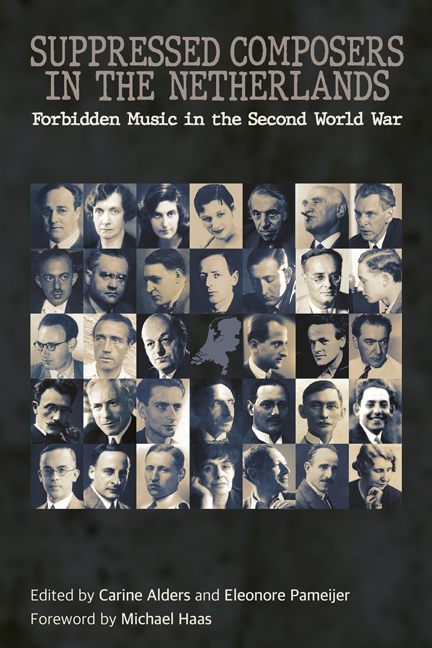11 - Bob Hanf
Published online by Cambridge University Press: 09 May 2024
Summary
Bob Hanf was born in Amsterdam on 25 November 1894. His parents, Joseph Hanf and Laura Romberg, assimilated German Jews, were originally from Westphalia and had settled in the Netherlands shortly after their marriage. Bob grew up in an affluent, artistic environment: his mother was an accomplished pianist. He received his first violin lessons in the ensemble classes led by George Scager, a violist in the Concertgebouw Orchestra.
Until the age of 30, he spent most of his holidays in Germany with his uncle Moritz and aunt Rebecca, whose inner circle included several artists and intellectuals. Thanks to these regular visits, Hanf, at an early age, came into contact with the latest movements in art, literature and philosophy.
Hanf showed a genuine talent for drawing and he received lessons from the famous Amsterdam painter George Breitner. He became a versatile artist: drawing, painting, writing, playing the violin and composing. But his father wanted his son to succeed him at the chemical company ‘N. V. Oranje’, and so Hanf enrolled at the Technical University in Delft, studying chemistry and architecture. During his studies he drew caricatures of his professors and classmates, and he made a large number of charcoal drawings in an Expressionist style, resembling those of Max Beckmann and Ernst Ludwig Kirchner. There was also plenty of music-making in Delft; Hanf often played with the composers Harold C. King and Ignace Lilien. In 1919, he co-founded ‘In die Coornschuere’ (‘In the Grain Warehouse’), named after the Delft warehouse in which it was based, where he organised concerts, lectures and exhibitions.
Around this time, Hanf met the writers Hendrik Marsman, Jan Spierdijk and Simon Vestdijk. Marsman wrote in his book Self-portrait of J. F. and Other Prose: ‘Hanf, slightly bent, somewhat tired, the collar of his jacket straight up, violin case carefully under his arm, entered the long narrow room on the Voorstraat [in Delft], where we awaited him around a scorching stove’. In Vestdijk's book The Last Chance, Hanf is portrayed as ‘Bob Neumann’. Hanf himself wrote two plays, three novels and several poems, influenced by Frank Wedekind's anti-bourgeois morality and Franz Kafka's surrealistic atmosphere and gloomy world view.
- Type
- Chapter
- Information
- Suppressed Composers in the NetherlandsForbidden Music in the Second World War, pp. 115 - 124Publisher: Boydell & BrewerPrint publication year: 2024



